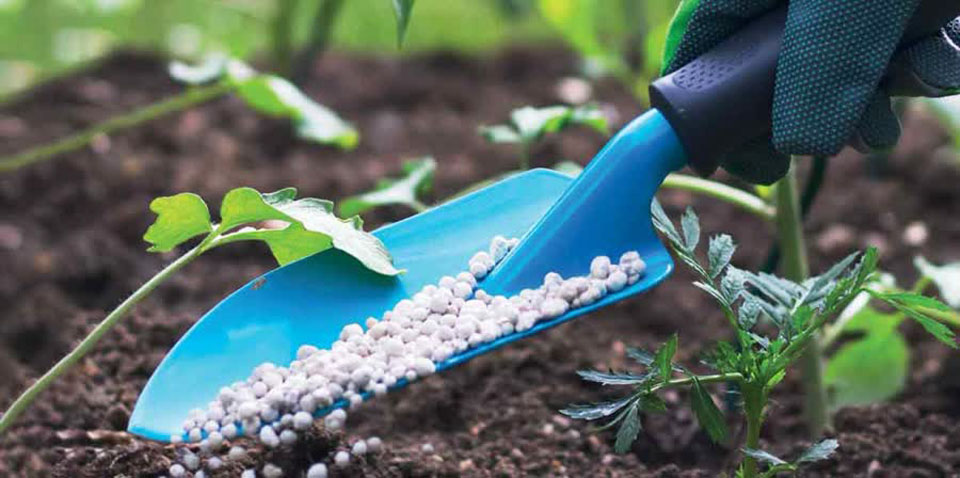
The Ministry of Agriculture and Cooperatives and the Ministry of Commerce have been rapidly working to address the issue of appreciating fuel, chemical fertilizer and animal feed prices amid higher production costs and the Russia-Ukraine conflict.
Chantanon Wannakejohn, secretary-general of the Office of Agricultural Economics, said chemical fertilizer prices have been steadily rising after Russia declared a ban on its exportation of the product. These developments have significantly impacted Thai farmers and businesses.
Chantanon said the agriculture ministry will rapidly relay knowledge about appropriate and highly effective fertilizers to farmers. It also aims to quickly produce 5 million tons of organic and biofertilizers to substitute chemical fertilizers.
The commerce ministry is meanwhile considering allowing an adjustment to the prices of chemical fertilizers, which are regulated products. Allowing price hikes in line with the appreciating costs of raw material would in turn encourage the private sector to import more chemical fertilizers and prevent a shortage of chemical fertilizers in the domestic market.
On the issue of animal feed, the ministry has postponed the implementation of an import quota for wheat. The quota pegs the number of wheat imports allowed to the amount of corn for animal feed domestically purchased, at a 1-to-3 ratio. This quota is not expected to take effect until after July 31.
A working committee has also been established to address the issue of animal feed prices. The committee comprises representatives from the Feed Mill Association, animal feed crop growers and relevant public agencies. The working committee will determine the timeframes and volumes for importing animal feed raw materials in a manner that avoids impacting domestic crop growers.(NNT)
 |
 |
 |





